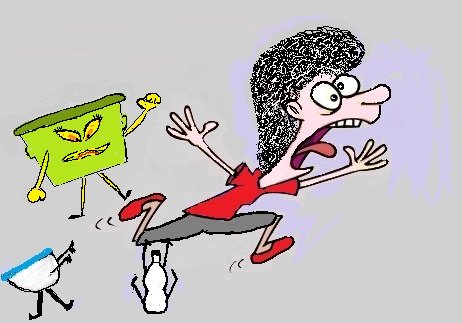Q & A - Are Oven Bags Safe?
Oven roasting bags are made with polyethylene terephthalate (PET), a type of plastic usually considered safe to use for food and water. But, a 2007 study that included PET roasting bags and ready-made products in PET baking dishes found that half of the products prepared at a temperature of 356°F exceeded the specific migration limit of chemicals set for food contact material by the European Commission.
Since that study, most research is focused on PET water bottles. The results from these studies provide plenty of evidence that PET oven bags are not safe.
- A 2011 study found that all types of plastic, including PET, will leach endocrine disrupters like antimony into food and water. Antimony is also a possible carcinogen and developmental, cardiovascular, and reproductive toxin.
- A 2015 study found two types of phthalates, diisobutyl phthalate and dibutyl phthalate, migrated from roasting bags to spices and roasted meat. The highest concentrations of phthalates were found in the spices used to cook the chicken meat. Phthalates, are endocrine disrupters linked to diabetes, infertility, obesity, allergies and asthma.
- A 2022 review of 91 studies reported that 150 food contact chemicals have been found to migrate from PET bottles into food and water. These include the carcinogen antimony and several types of endocrine disrupting phthalates and BPA.
- A final thing to keep in mind about the safety of oven bags is that the more fat in food cooked or stored in PET plastic, the more plastic chemicals migrate into food.
Breastcancer.org recommends that women don't use roasting/steaming bags because the plastic residues may leach into food when heated in a regular or microwave oven. Bottom line – oven bags are made of plastic. And any type of plastic will release toxic chemicals when heated.
To learn more about how to reduce your toxic chemical exposure from plastic food and water containers check out the these posts.
